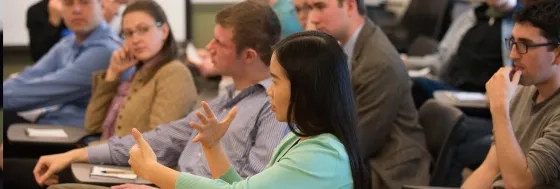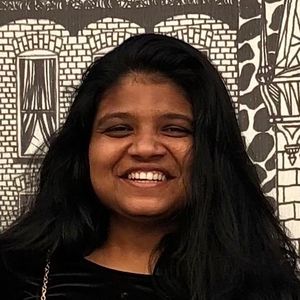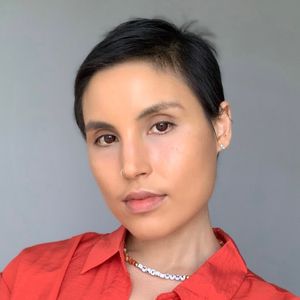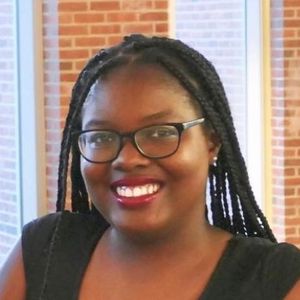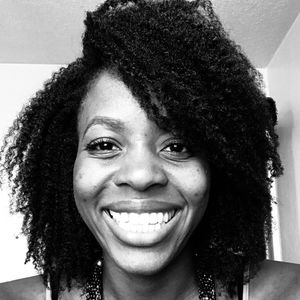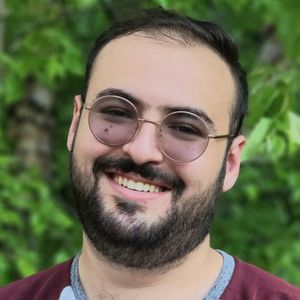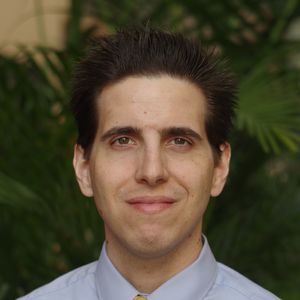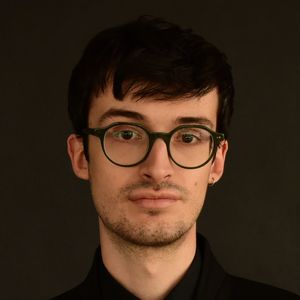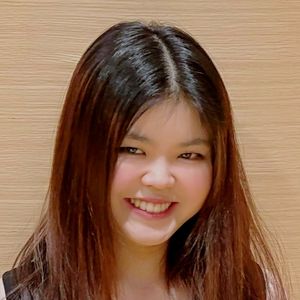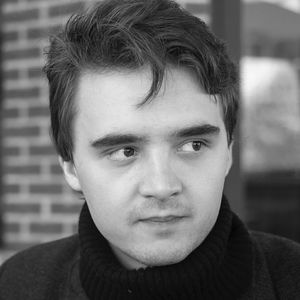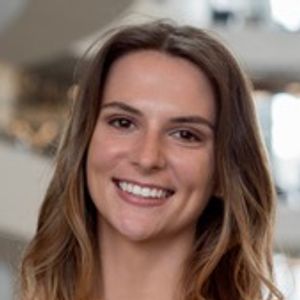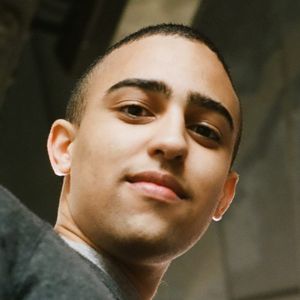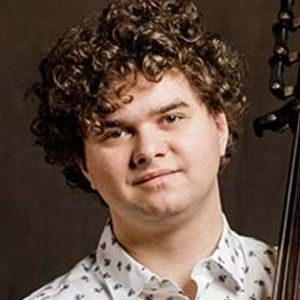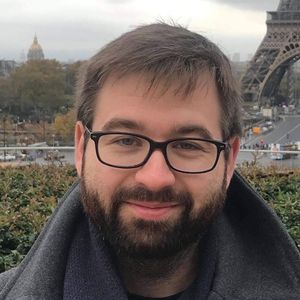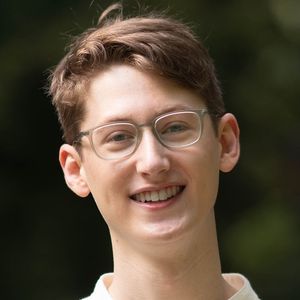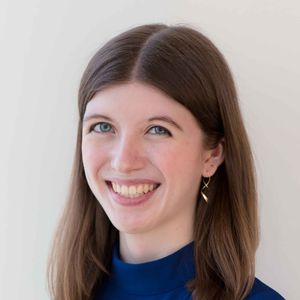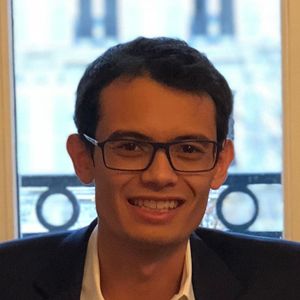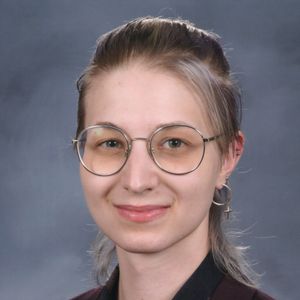Zach Weiner
Zach Weiner believes in the virtues of a musical education to make the world a better place. His personal mission is to help millennials connect with classical music in order to ensure that it is passed on to future generations.
A product of a diverse background, Zach is a Piano Diploma student of Jeremy Denk and Jon Nakamatsu at the San Francisco Conservatory. Previously, he received a B.S. from Stanford University in Symbolic Systems, an interdisciplinary combination of Philosophy, Psychology, Linguistics, and Computer Science. Upon graduating with distinction in 2012, he joined the founding team of Timeful, a behavioral science startup which was acquired by Google in 2015. As a Senior Software Engineer at Google, he channeled his passion for education into the acclaimed app “Socratic” until leaving in 2019 to pursue his musical studies full time.
As a pianist, Zach has performed in Weill Hall in New York, the Arnold Schoenberg Center in Vienna, and with orchestras including the Fort Worth Symphony Orchestra, the Greenwich Symphony Orchestra, and the California Concerto Festival Orchestra. His recent teachers have included John McCarthy, Frederic Chiu, and Thomas Schultz. He was a fourteen-year student of the late Natalie Ryshna Maynard, herself a long-time disciple of the great pianist, teacher and arts advocate, Olga Samaroff. Natalie, a true champion of arts education, serves as a constant inspiration and frequent subject of Zach’s writing.
Zach teaches piano and computer science privately. He is also an aspiring conductor, avid skier, and husky lover.
